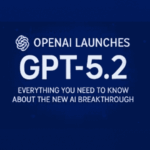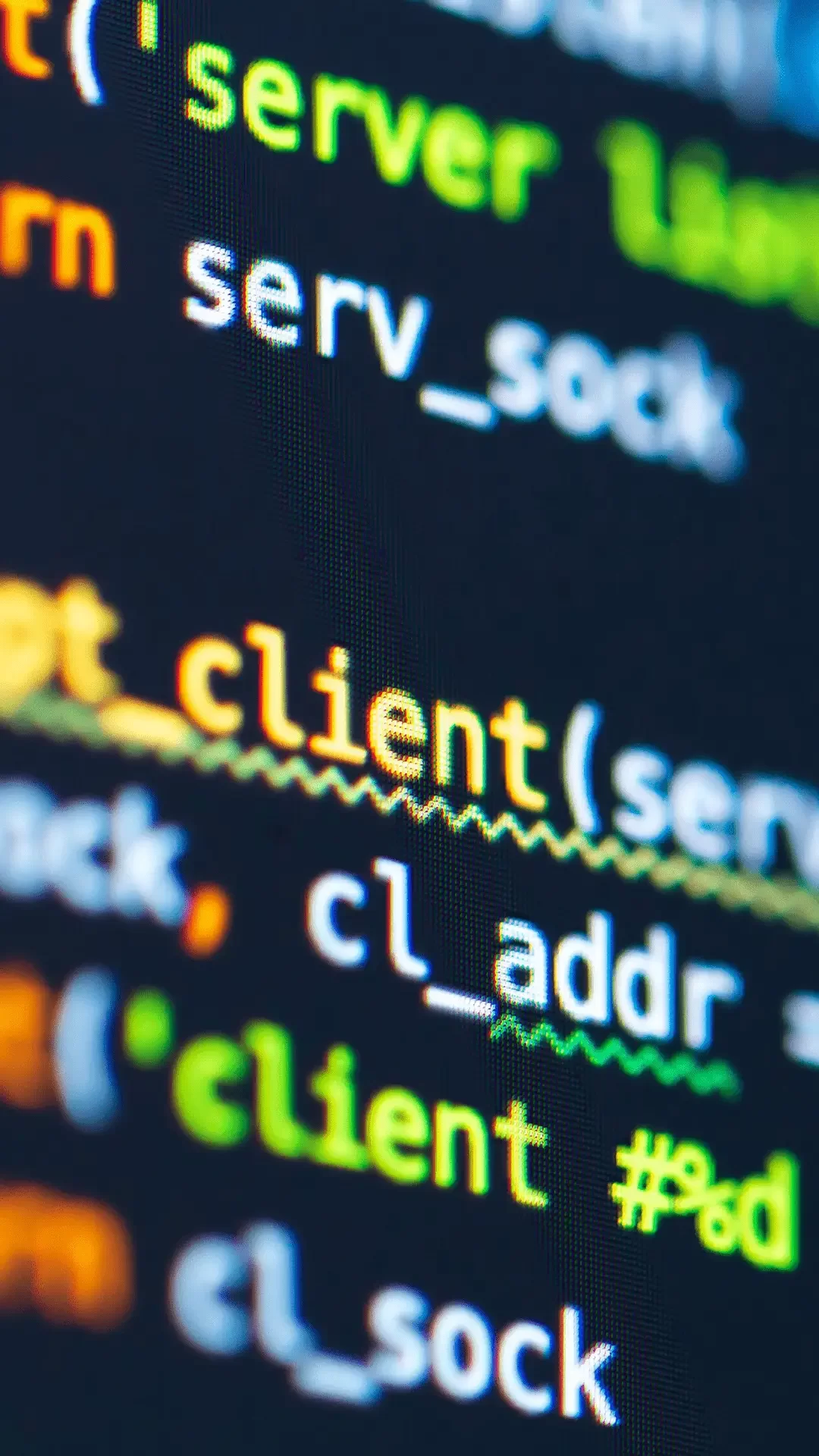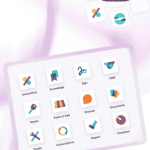Python is a high-level, interpreted programming language known for its simplicity and readability. It is a versatile language used in web development, data analysis, artificial intelligence, automation, desktop applications, and more.
Python was created by Dutch programmer Guido van Rossum and first released in 1991. It is valued for its simple yet powerful programming approach, supporting both object-oriented programming and functional programming. Python also offers robust libraries that simplify complex programming tasks, making it a favorite among developers.
Applications of Python
Thanks to its simplicity and power, Python is used in a wide variety of fields. Here are some popular applications:
- Web Development
- Widely used to build websites and web apps with frameworks like:
- Django: A powerful, popular framework for building websites quickly and efficiently.
- Flask: A lightweight framework for small, fast web applications.
- Widely used to build websites and web apps with frameworks like:
- Data Analysis
- One of the most popular languages for analyzing data, with libraries such as:
- Pandas: For data analysis and manipulation.
- NumPy: For numerical data and mathematical operations.
- Matplotlib and Seaborn: For data visualization and chart creation.
- One of the most popular languages for analyzing data, with libraries such as:
- Artificial Intelligence & Machine Learning
- Widely used in AI and ML projects with libraries like:
- TensorFlow and PyTorch: For building machine learning and neural network models.
- scikit-learn: For simple and advanced ML applications.
- Widely used in AI and ML projects with libraries like:
- Automation (Scripting)
- Used to write scripts for automating repetitive tasks, such as:
- File management.
- Automatic data downloading and processing.
- Automating daily operations like sending emails.
- Used to write scripts for automating repetitive tasks, such as:
- Game Development
- Python can be used to develop games with libraries like:
- Pygame: For building 2D games.
- Python can be used to develop games with libraries like:
- Cybersecurity
- Used for creating penetration testing and security analysis tools, such as:
- Network tools and packet analysis.
- Scripts for cybersecurity attacks and testing defenses.
- Used for creating penetration testing and security analysis tools, such as:
- Scientific Computing
- Used in scientific and physics research for simulation and solving differential equations.
- Desktop Application Development
- Python can build desktop apps using tools like:
- Tkinter: For simple user interfaces.
- PyQt and Kivy: For complex GUI applications.
- Python can build desktop apps using tools like:
- Internet of Things (IoT)
- Used to program and control IoT devices and embedded systems.
- Software Testing
- Python supports automated testing with libraries like:
- unittest and pytest: For running software tests automatically.
- Python supports automated testing with libraries like:
In short: Python is a flexible, multi-purpose language that can meet the needs of developers across diverse fields.















